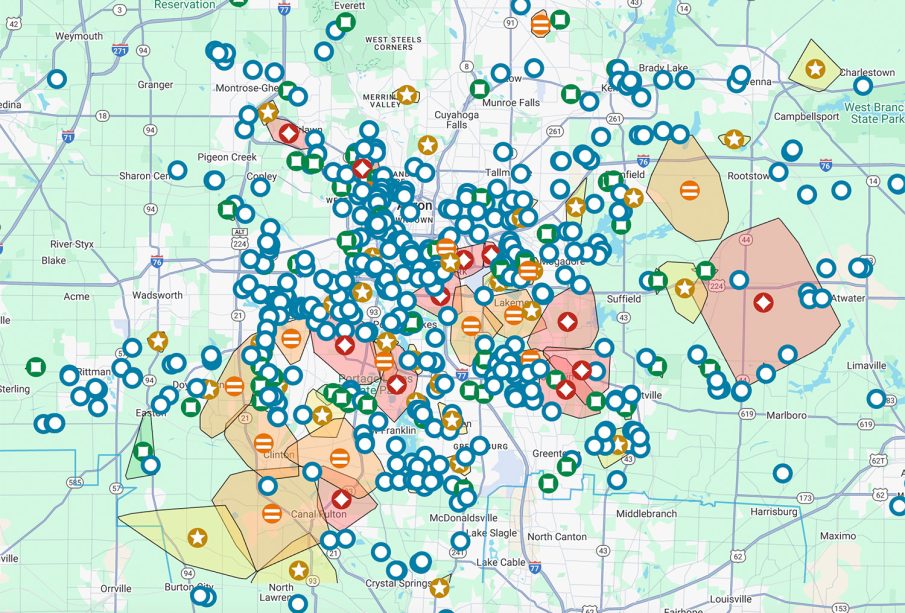Understanding Power Outages: Causes, Impacts, and Solutions

Introduction
Power outages are a critical concern for communities across Canada, affecting daily lives and emergency services. Recent events have highlighted the vulnerability of our power infrastructure, leading to discussions around reliability, technology updates, and emergency preparedness. Understanding the causes of power outages and their implications is essential for Canadians to navigate and mitigate the risks associated with sudden power interruptions.
Recent Events
In early October 2023, a significant power outage struck southern Ontario, impacting over 200,000 homes and businesses. The outage was attributed to severe weather conditions, including high winds that downed trees and power lines. Local utilities responded quickly, with crews working around the clock to restore power. By the end of the second day, most customers had their electricity restored, but the event served as a stark reminder of nature’s unpredictability and the importance of robust power systems.
Causes of Power Outages
Power outages can be caused by various factors, including:
- Weather Events: Severe storms, high winds, snow, and ice can damaged power lines and interrupt service.
- Equipment Failure: Aging infrastructure or equipment malfunctions can lead to outages.
- Wildlife Interference: Animals, particularly squirrels and birds, can disrupt power lines, leading to outages.
- Human Error: Construction crews or maintenance workers may accidentally damage power lines.
Impacts of Power Outages
The consequences of power outages extend beyond mere inconvenience. Businesses may lose revenue during outages, and critical services such as hospitals require uninterrupted power to function. Additionally, extended outages can also jeopardize food safety in homes and businesses reliant on refrigeration. Recent studies indicate that communities affected by prolonged outages saw a rise in emergency calls, highlighting the strains on local resources during such events.
Preparing for Future Outages
Preparing for potential power outages involves individual and collective actions. Households are encouraged to maintain emergency kits with crucial supplies, including flashlights, batteries, and non-perishable food. It’s equally important for communities to engage in proactive infrastructure investments and adopt smart-grid technologies that enhance system resilience against anticipated challenges.
Conclusion
As climate patterns change and populations grow, the frequency and impact of power outages will likely increase. By understanding the causes and actively preparing, Canadians can enhance their readiness and resilience. Utilities, governments, and community leaders must work together to develop strategies that can minimize the effects of power outages and safeguard the well-being of communities across the nation.





